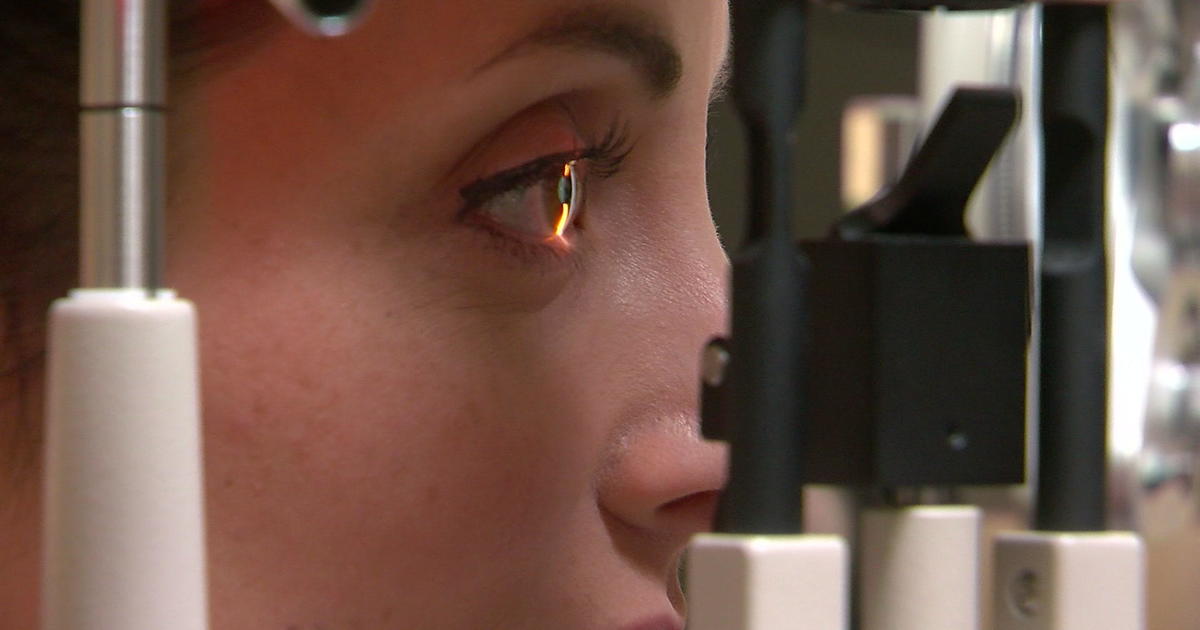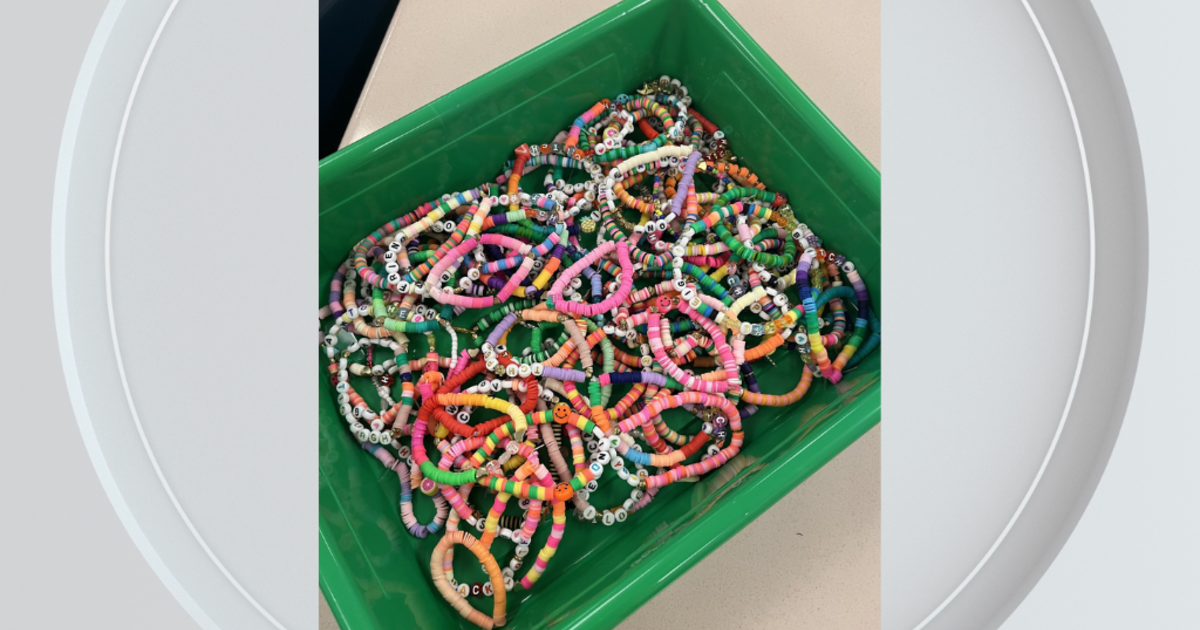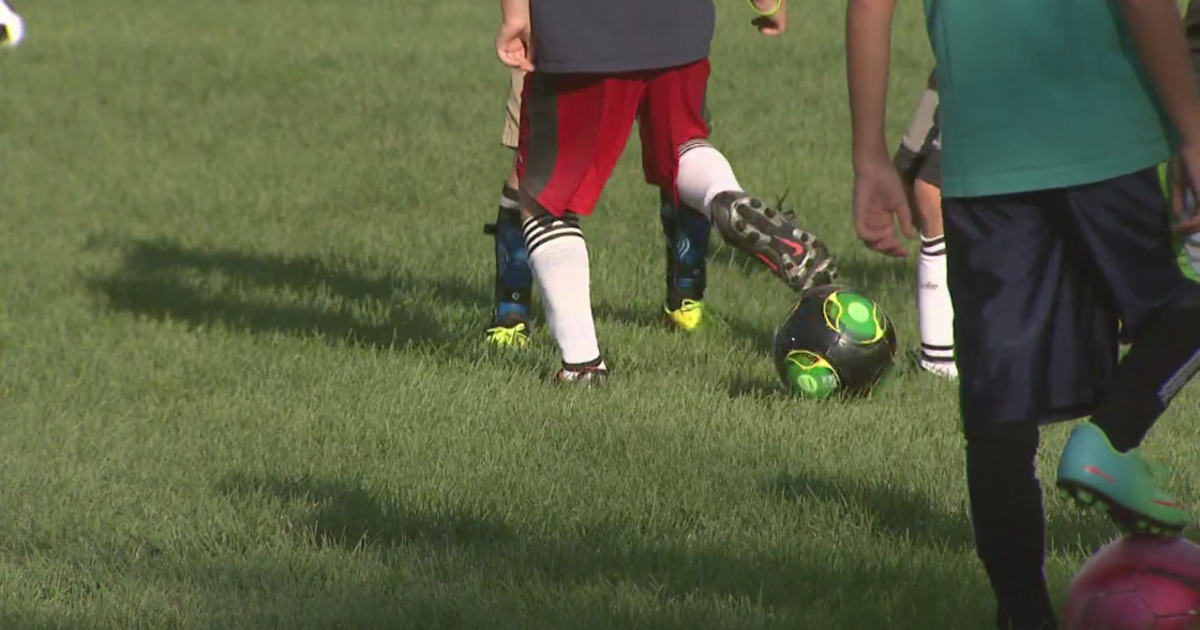Study: Climate Could Play Role In Children's Risk For Hay Fever
PITTSBURGH (KDKA) -- Spencer Levin, 9, sees his allergist once a month to get shots to help his hay fever.
"Sometimes I get swollen eyes, my nose gets plugged up, and my throat starts hurting," he describes.
New research finds more than 18 percent of kids and teens have hay fever, and where the children live could increase their chances of seasonal allergies.
"Living in areas in the south and southeast correlated with higher degrees of allergies," says Dr. Jonathan Field, of the Beth Isreal Medical Center. "Felt to be related to high temperature, high pollen, and actually, mold as well."
Wetter regions with average humidity had lower numbers of allergic children.
Alaska, Montana and Vermont have the lowest population of children with the seasonal allergies.
Pittsburgh is in the middle. The rainy weather is good and bad for people sensitive to pollen.
"We have a lot of rain and that does take the pollen out of the air," explains Dr. James Deangelo of Allergy & Clinical Immunology Associates in the South Hills. "Rainy days will reduce the pollen, but on the other hand, they will provide more pollen when the weather does dry out."
People usually suffer with hay fever in the spring and fall months, but some suffer year round.
Kids should stay indoors during the peak hours of pollen season, like late morning.
"Once you're in for the day, we tell parents to have children shower, bathe, get rid of all the pollen, change clothing," recommends Dr. Field.
"We do spend a lot of time indoors, but we try to balance it," says Lori Levin, Spencer's mother.
The research is being presented at an allergy conference, but has not yet been published.
RELATED LINKS:
More Health News
More Reports by Dr. Maria Simbra



